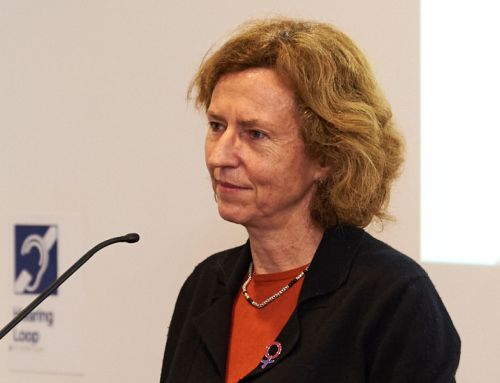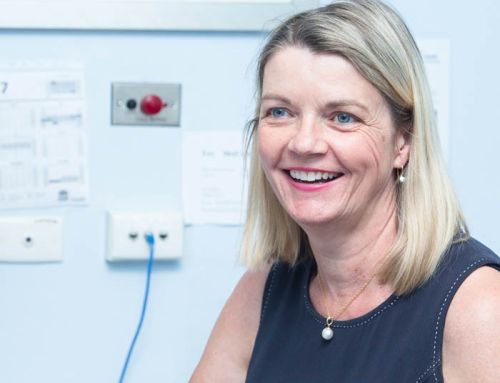ANZGOG is pleased to announce the successful completion of patient accrual for the ECHO clinical trial.
ECHO, ANZGOG’s first ever exercise-intervention trial, has now closed to recruitment after recruiting 524 participants since the study opened in 2017. We can now look forward to the results that will be published in due course.
Over 1,800 Australian women are diagnosed with ovarian cancer every year and it is often diagnosed in the advanced stages. Despite improvements in treatment, survival rates remain relatively low (only 49% survive five years after diagnosis), and there is an urgent need to identify more effective treatment options. The ECHO trial aims to address this need by evaluating the potential benefits of exercise during chemotherapy for patients commencing first line treatment for ovarian cancer.

“ECHO is a unique trial world-wide – only one of 4 trials poised to evaluate the effect of exercise on survival following cancer and the only trial being conducted involving women with gynae cancer. Meeting our recruitment target is a massive achievement that underpins our ability to answer the research questions ECHO has set out to answer. This time next year we will have completed the implementation phase of the study and be on the final stretch for completing data collection. The scene is set for outcomes to be analysed and reported from 2025.”
ECHO Principal Investigator – Prof Sandi Hayes
The completion of patient accrual represents a major milestone in the development of more effective treatments for ovarian cancer. ANZGOG is grateful to the many patients who participated, as well as the clinical and research teams who supported the study.
“We would not have been able to reach and exceed our recruitment target without the trial participants, site staff, and clinicians external to recruiting sites who have referred their patients – so a big thank you to you all!”
ECHO Principal Investigator – Prof Sandi Hayes
We look forward to sharing the results of the ECHO trial as soon as they become available. The findings will be critical in informing future treatment options for women with ovarian cancer, and we are excited about the potential impact this trial may have on the lives of gynaecological cancer patients and their families.











